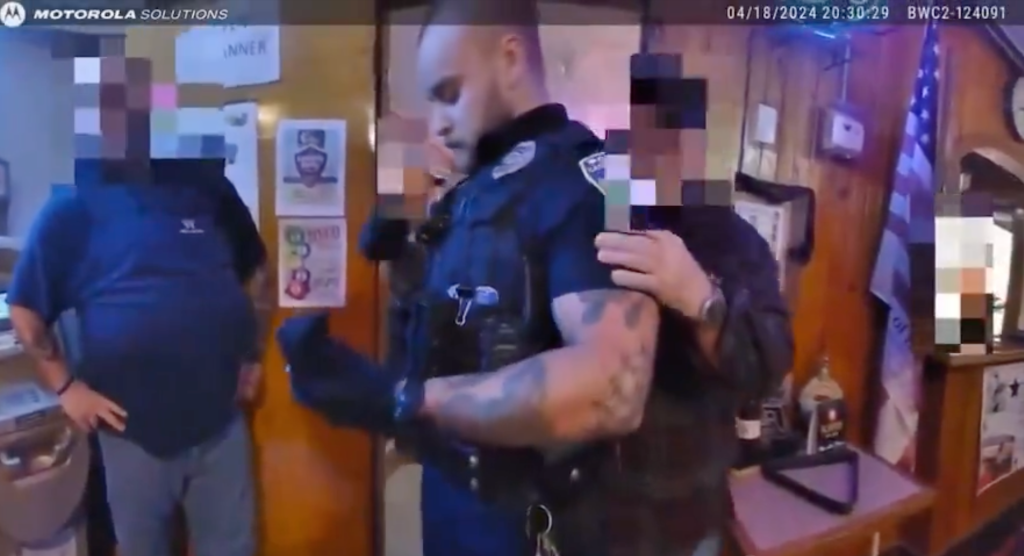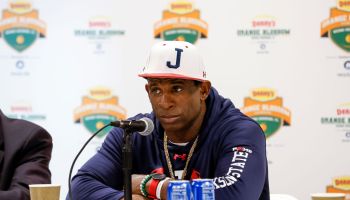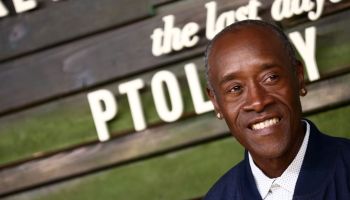For some, the thrill of seeing a black man in the White House has lasted a little longer. Benjamin Jealous, the recently elected president of the NAACP, says he still gets a jolt every time he walks through the security screening station in the lobby of the Department of Justice and sees photographs of Obama and the new attorney general, Eric Holder, hanging on the wall. “We’re used to seeing black men’s faces in the windows of post offices or on wanted posters, not in a photograph of the president and the attorney general,” says Jealous. “It’s all very bewildering.”[Read ‘Obama’s Renewed Fight for Civil Rights’]
A weekly community service night organized by Jesse Jackson’s Rainbow PUSH Coalition in Chicago is just one of many black community gatherings throughout the country where morale went through the roof this winter. “There’s been an emotional change in the group since Obama took office,” says the Rev. Gregory Livingston, the coalition’s national field secretary. As they have for years, a few hundred people continue to arrive every Monday looking for guidance on what to do about foreclosed homes or lost jobs. “Have their numbers changed? No,” says Livingston. “But you can see it in their faces. There’s a smile in their voices. They’re just much more hopeful.”
If there is any consensus among black leaders about the initial impact of the first black president, this seems to be it. Seeing the Obama family in the White House and watching Obama conduct himself on the world stage continue to give civil rights advocates, and many voters, a regular emotional boost. But as Obama’s first hundred days came to an end, with little having changed in most people’s daily lives, the first questions began to be asked about whether his presidency has had any substantive effect on lingering racial inequality.
























